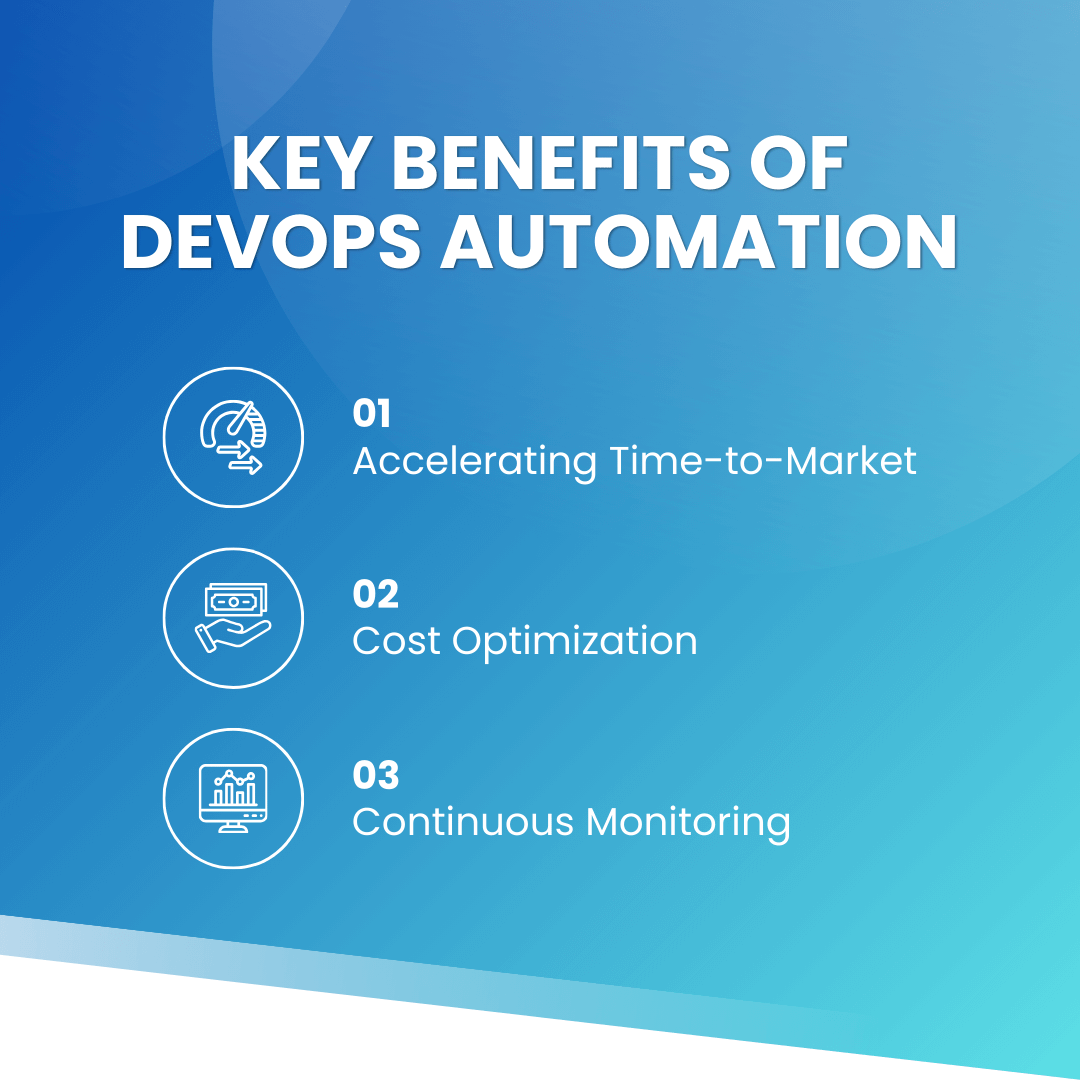.png?alt=media&token=f93a5205-c5c1-4ee2-982d-24f58b7b0dd0)
Unleashing Efficiency: The Power of DevOps Automation in Modern Software Development
Written by Danubius IT Solutions
In modern software development, DevOps automation has become a fundamental strategy for enhancing efficiency and reducing costs. This article explores how DevOps automation impacts various industries, offering faster time-to-market and cost-effective development solutions.
DevOps automation involves leveraging technology to automate processes between software development and IT teams, facilitating faster and more reliable software build, test, and release cycles. By integrating and automating key phases of development, organizations ensure a seamless flow from concept to production.
Automation in DevOps encompasses code development, configuration management, dependency management, deployment, and monitoring, eliminating manual work, reducing errors, and speeding up changes. Continuous integration (CI) and continuous delivery (CD) are core DevOps practices, ensuring automatic testing, integration, and delivery of software changes, leading to faster and more frequent releases.
The global DevOps market has experienced robust growth, driven by the demand to shorten development cycles and accelerate delivery.
Key Benefits of DevOps Automation
Let’s explore three areas and three of our clients who have realised major efficiency gains by implementing DevOps automation.

1. Accelerating Time-to-Market
This is a significant advantage of DevOps automation by enabling faster iterations, quicker adaptations to market changes, and continuous innovation.
Example
Industry: Banking
One of our clients, a renowned banking company faced challenges with its legacy systems that were slowing down its product releases. By implementing DevOps automation, specifically through CI/CD pipelines, they managed to reduce their software deployment cycle from monthly to bi-weekly, and then weekly releases. This has led not only to a significant increase in customer satisfaction, but at least 25% faster time-to-market for new features.
2. Cost Optimization
Cost optimization is another compelling benefit of DevOps automation. By reducing manual processes, minimizing development errors, optimizing resource usage, and improving collaboration, organizations can lower overall software development costs.
Example
Industry: Insurance
One of our insurance provider clients struggled with high operational costs due to redundant tasks and manual processes in their software development lifecycle. By adopting Infrastructure as Code (IaC) and partially migrated scalable applications to the cloud (as part of their DevOps strategy), they reduced manual workload by 30%, leading to a 15% decrease in development costs. Additionally, the improved efficiency and error reduction translated into an estimated 20% reduction in resource wastage, optimizing overall spending.
3. Continuous Monitoring
Continuous monitoring within a DevOps framework helps in proactive issue resolution, avoiding costly downtime and ensuring service availability.
Example
Industry: Startup (Financial Services)
A fast-growing fintech startup client of ours implemented continuous monitoring tools as part of their DevOps automation to enhance their application’s performance and reliability. The proactive monitoring allowed them to detect and resolve 90% of potential disruptions before affecting users, significantly reducing production downtime. This approach not only saved potential lost revenue but also helped maintain a high user retention rate by ensuring a seamless customer experience. The cost of reputation lost is hard to estimate, but the higher uptime meant a significant decrease in that as well.
Next Steps
Embracing DevOps automation is essential for future success in software development, enabling organizations to streamline operations, enhance efficiency, and achieve cost savings. Partnering with experts ensures that DevOps automation aligns with business objectives and drives long-term success.
Ready to transform your software development lifecycle and achieve remarkable efficiency? Contact us to embark on your DevOps automation journey and embrace a smarter, more agile future.
Interested in IT solutions tailored to your business? Contact us for a free consultation, where we'll collaboratively explore your needs and our methodologies.




